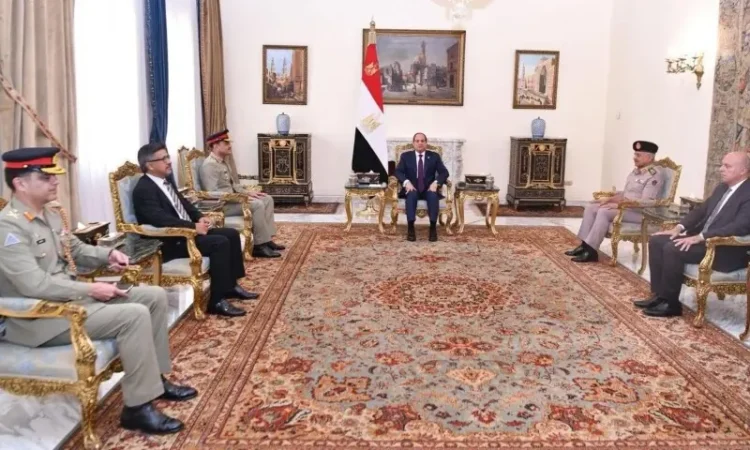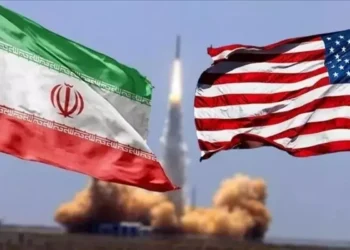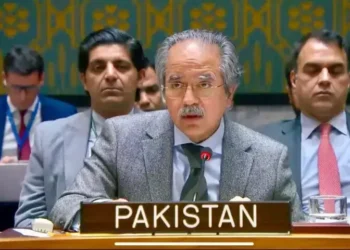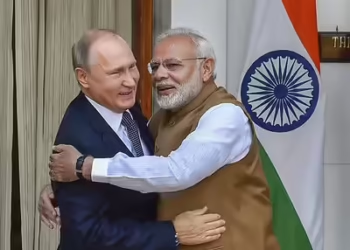Web Desk; Chief of the Army Staff (COAS) Field Marshal Syed Asim Munir and Egyptian President Abdel Fattah el-Sisi, during a meeting in Cairo on Saturday, reaffirmed the need for deeper coordination between Pakistan and Egypt on regional and strategic matters of shared interest.
According to a statement issued by the Inter-Services Public Relations (ISPR), the meeting took place at the Itihadia Presidential Palace, where both leaders discussed ways to further enhance bilateral relations.
The army chief praised Egypt’s leadership for its constructive role in maintaining regional peace and stability, while President el-Sisi lauded Pakistan’s proactive and positive role in addressing global and Muslim world challenges.
The two sides highlighted their countries’ historic ties and agreed to expand cooperation in multiple sectors, including socio-economic development, technology, defence, and security.
They also emphasized the importance of strengthening people-to-people connections and promoting mutual understanding through regular institutional dialogue.
The meeting concluded with both leaders expressing confidence that the growing partnership would contribute significantly to regional peace, security, and economic stability.
Field Marshal Munir’s visit to Egypt follows recent discussions between the two countries aimed at boosting collaboration in the maritime and industrial sectors.
Both nations are seeking to develop joint ventures and advance their blue economies to unlock new opportunities for sustainable growth.
Earlier, during his engagements with Egyptian defence officials, the COAS reaffirmed Pakistan’s commitment to enhancing defence and military cooperation with Egypt.
He also paid tribute to Egypt’s martyrs by laying a floral wreath at the Memorial of the Unknown Soldier and visiting the grave of former Egyptian president Anwar Sadat.
Additionally, Field Marshal Munir met Sheikh Ahmed El-Tayeb, the Grand Imam of Al-Azhar, where they discussed the importance of interfaith harmony and educational collaboration between the two countries.
The visit marks another step in Islamabad’s ongoing efforts to strengthen ties with Cairo, particularly amid shifting geopolitical dynamics in the Middle East and Muslim world.
Both sides agreed that closer collaboration will help address common challenges, from regional stability to counterterrorism and economic development.



































































